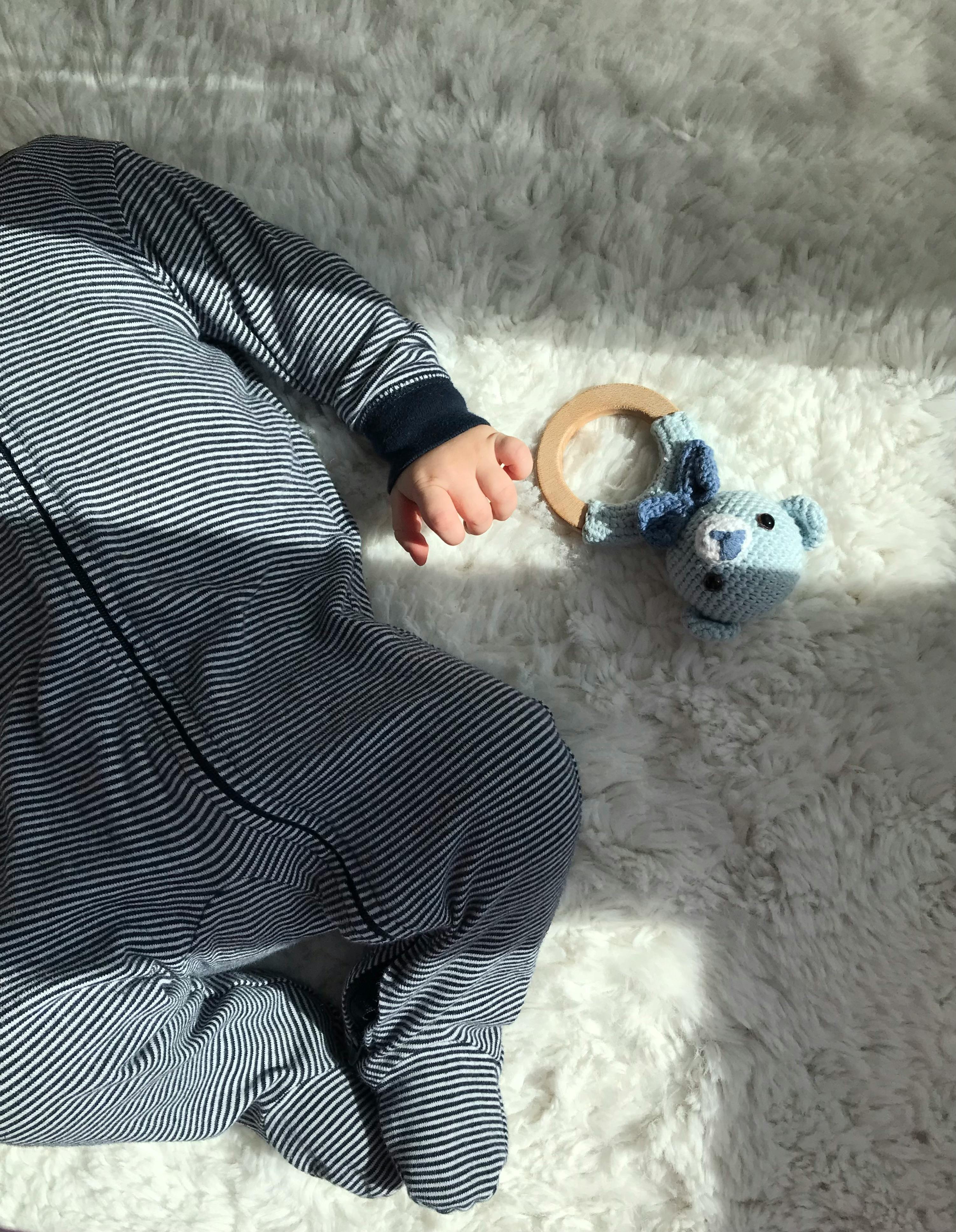As a parent, finding a reliable and trustworthy babysitter is crucial for ensuring the safety and well-being of your child while you are away. However, building trust with your babysitter is a two-way street. Clear and effective communication is key to establishing a strong relationship with your babysitter and ensuring that they have all the information they need to care for your child properly. In this article, we will discuss five key areas to focus on when communicating with your babysitter in order to build trust and create a positive working relationship.
Table of Contents
Setting Expectations
One of the first steps in building trust with your babysitter is setting clear expectations from the beginning. Make sure to discuss your expectations regarding responsibilities, rules, and boundaries. This includes discussing your child’s routine, bedtime, meals, and any specific instructions for handling certain situations. It is important for both you and the babysitter to be on the same page in order to avoid any misunderstandings or conflicts.
On-Demand Childcare in Your Neighborhood
Book a Sitter
Providing Clear Instructions
In addition to setting expectations, it is important to provide clear and detailed instructions for the babysitter. Make sure to communicate any specific routines, rules, or preferences that your child has. For example, if your child has allergies or a specific bedtime routine, make sure the babysitter is aware and knows how to handle these situations. Providing written instructions can also be helpful for the babysitter to reference while caring for your child.
Establishing Open Communication
Open communication is essential for building trust with your babysitter. Make sure to create a comfortable environment where the babysitter feels comfortable asking questions or voicing any concerns. Encourage the babysitter to keep you updated on how things are going while you are away, and be available to answer any questions or address any issues that may arise. Building a strong communication channel will help ensure that both you and the babysitter are on the same page and can work together effectively.

Sharing Important Information
It is important to share any important information with your babysitter to ensure the safety and well-being of your child. This includes providing emergency contact numbers, medical information, and any specific instructions for handling emergencies. Make sure the babysitter knows where to find important documents, such as insurance cards or medical records, in case of an emergency.
Being prepared and proactive in sharing important information will help the babysitter feel more confident in their ability to care for your child.
Showing Appreciation
Lastly, showing appreciation for your babysitter is key to building trust and fostering a positive working relationship. Make sure to acknowledge and thank your babysitter for their hard work and dedication. Providing positive feedback and recognition for a job well done will help motivate the babysitter and make them feel valued. Showing appreciation also helps build a sense of mutual respect and trust between you and the babysitter, which is essential for a successful babysitting relationship.
In conclusion, effective communication is key to building trust with your babysitter. By setting clear expectations, providing clear instructions, establishing open communication, sharing important information, and showing appreciation, you can create a positive and trusting relationship with your babysitter. Remember that building trust takes time, so be patient and consistent in your communication efforts. By following these key areas, you can ensure that your child is in good hands and that you have a reliable and trustworthy babysitter to rely on.










